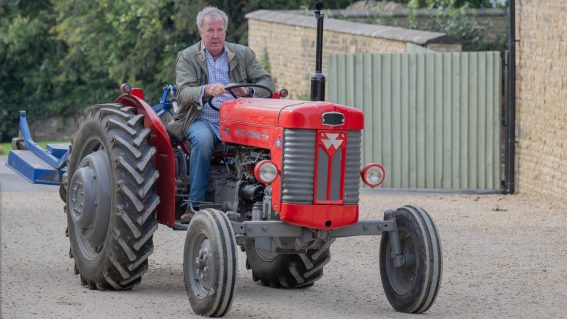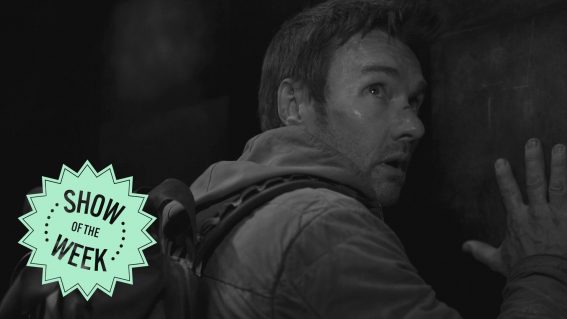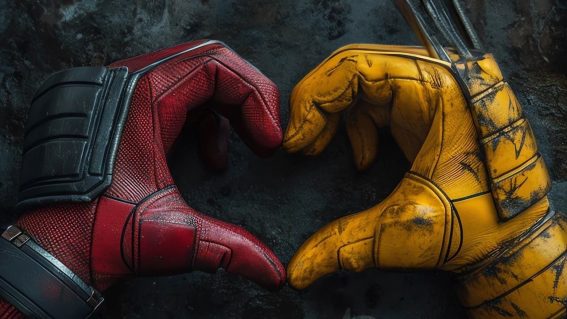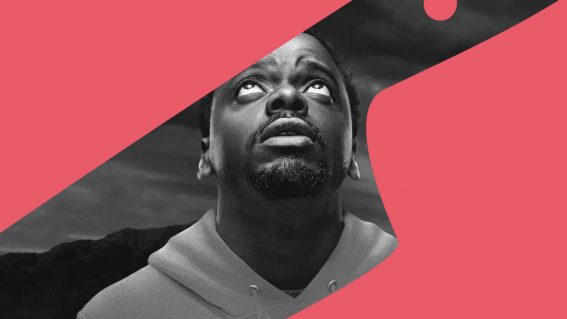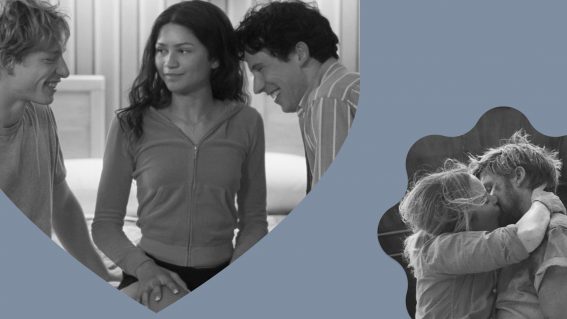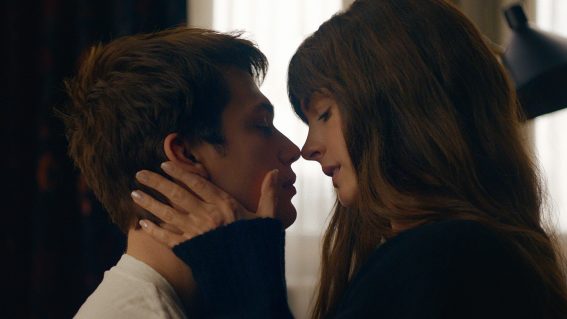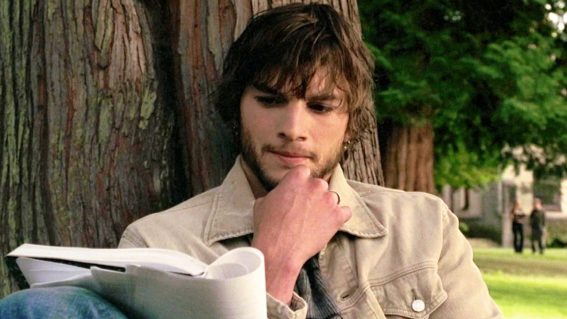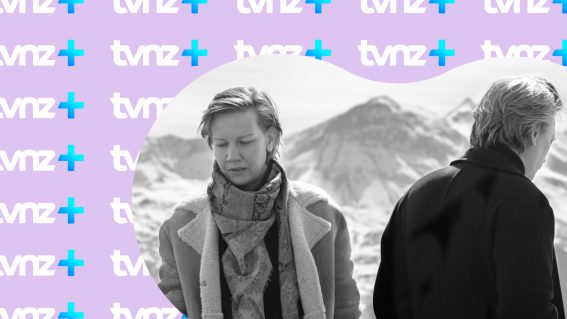Interview: ‘What We Do in the Shadows’ actor / co-director Taika Waititi
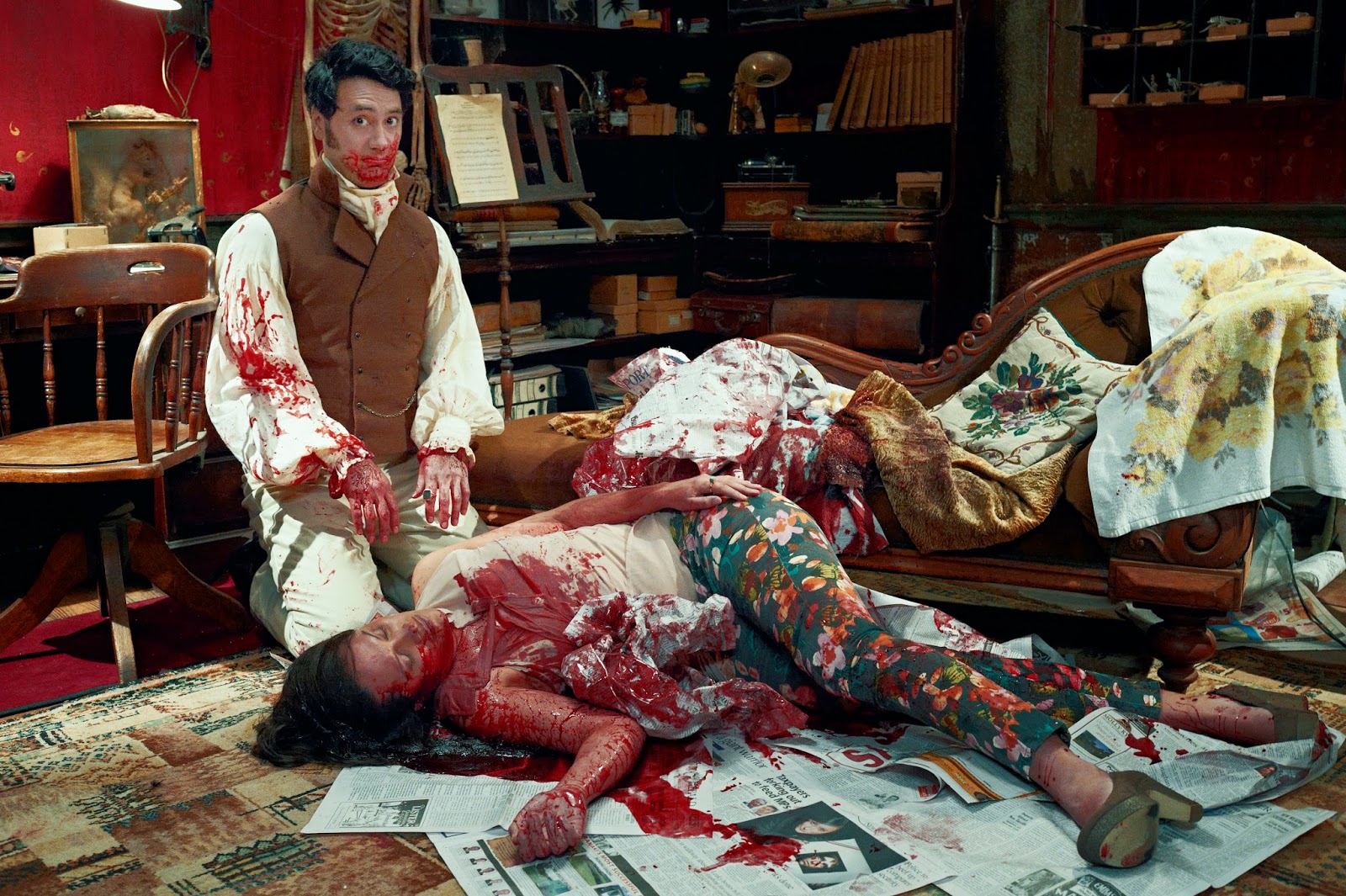
Finally it’s here – Taika Waititi and Jemaine Clement’s Wellington-set vampire mockumentary What We Do in the Shadows hits the big screen today after much interest here and abroad. We’ve seen it, as this gushing four star review attests, and you bloody should too. But since you’re currently reading some kind of computer screen or mobile device, the best idea for now is to read on for our chat with Waititi about his film…
FLICKS: You must have been talking about your movie for ages now. What’s the most common question you’ve been asked so far?
TAIKA WAITITI: Well, the dumbest question so far… Not the dumbest one, just the most unimaginative one, is “vampires, what’s that about?”
So… question number one. Vampires, what’s that about?
There’s no real way to answer that. I’m not sure what the question is when they ask that.
There’s also been a bit of discussion about how you guys just went out and got the money and did it on your own. I reckon that’s been reflected in the viewing experience. Was it important to you to just go ahead and make the movie?
Yeah, and we had the opportunity to make it overseas and a few other places and we had people over there saying make it here and we’ll try and cast out of the States and stuff. Also the Film Commission would have no doubt financed it but we didn’t want to do the development and the funding process, like going through the funding rounds and waiting for decisions and stuff because it just extends it out a little bit. As far as we were concerned, we were ready to shoot and didn’t want someone else telling us that we were ready, we just knew we were. Just through a few years of being in the States and developing relationships we found financing out of there, which was really, really fast and happened really quickly.
I guess because it grew out of that original 48Hours short, there’s still some of that DNA of ‘just going and do something’ mixed up in it…
Yeah, totally, and we knew people we wanted to work with, we know how to get a crew together. And for me, I wanted to produce something because I wanted to just have more of a say in everything, and also I felt it was something as a filmmaker you’ve got to experience. It just seems like a natural evolution to go from writing and directing into producing your own work as well.

When it came to putting that money together overseas, did you have to twist arms very hard or did people get what they were trying to do quite quickly?
Nah, we didn’t have to actually. It was based on how well Boy did and Flight of the Conchords‘ success as well. And because it wasn’t a crazy budget either, it was a lot easier for them to see that there could be a return. Or that it wasn’t a big financial risk.
So you’ve made some movies, you’ve been in some movies. Jemaine’s been in some movies. Is Jonathan Brugh going to get to be in some more movies now?
Well we hope so. One of the things that we really wanted from this is for him to launch himself a little bit more into film. He was really great in that movie How To Meet Girls From a Distance. Yeah, he was one of the standout things in that, I thought. So yeah, that was definitely something for us, wanting to put our friends in the film and to help them out, just to expose them to the public a bit more.
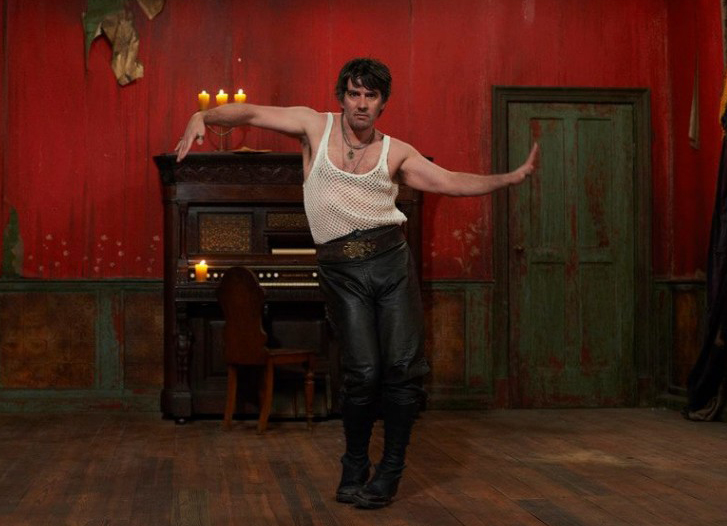
He’s just such a winning supporting dude in so many things he does, but he’s something that only Kiwis know about. Which is a bit of a shame.
Yeah, that’s right. And I think that’s the same with a lot of our actors and comedians as well. We’ve got so much talent and it’s just a shame that we don’t have an industry big enough to support everybody. And it’s not even that competitive, it’s just like, if you’re right for the role then you’re right for the role. It’s not like you find lots of actors fighting it out for the same roles, it’s just that there’s not enough stuff being made.
In terms of the process of putting the film together, I’m just curious to know how highly organised and scripted it was versus improvised.
Well, in terms of sticking to the script it wasn’t organised at all because we pretty much threw the script away, but we kept it so that we knew story-wise what we were doing. But for the actors they never even saw the script. So we wrote it, we wrote everything we wanted in the film, and we tried to get it as close to that when we were shooting, but it was more controlled improv really. Where we would just tell the actors what they had to do and what was happening in the scene, and then they’d go for it and if it was completely the opposite direction to what we wanted, then we’d have to start corralling them and just guiding them in the right direction a bit more.
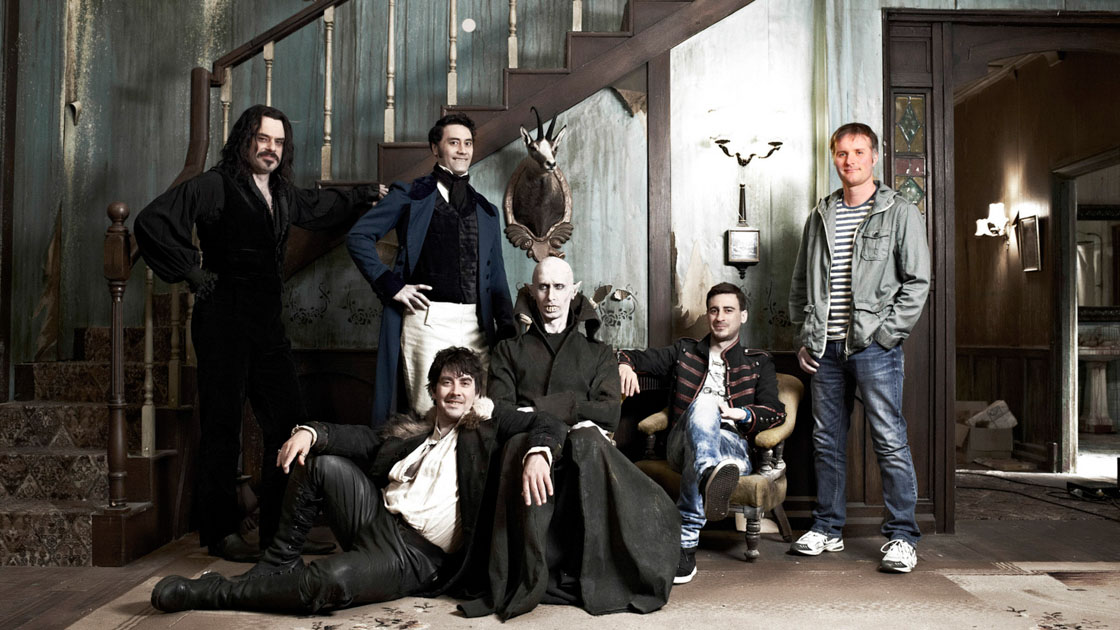
I guess that that’s probably the improv nature of the scenes that sort of helped you along a bit when you’re all wearing uncomfortable/luxurious vampire costumes.
Yeah, it’s better when it sort of feels off the cuff and feels like we’re all trying to be natural. Usually in other movies if your character is dressed like that, every line would be thought out and contemplated and the delivery would be so sort of ‘actory’. But what we liked about this was keeping natural, so it was like normal people who happened to be vampires.
Totally, that’s the gem of the idea right there, isn’t it?
Yeah, and that’s partly why we improvised the entire thing, we wanted that natural performance that fits into that mockumentary format – people talking over each other and you’re not sure who’s talking next. It becomes a little more spontaneous, and less expected.
In terms of that format, when you hear the expression ‘mockumentary’ it’s not necessarily a great thing because there’s been so many bad ones, and it’s been sort of diminishing returns. But there’s a way of getting it right, which I think is something that you guys really pulled off.
Aw cheers! That was also something that I was worried about when we started, was that genre has been done quite a lot now, as you say. When we first thought of the idea, it wasn’t a big thing that people were doing. It was just starting to become popular and I think that was something that attracted us to it. Cut to seven or eight years later, when we actually do make it and every TV show is a mockumentary. I guess that even when we started shooting, there weren’t really supernatural mockumentaries or fake docs about things that could have special effects in them.
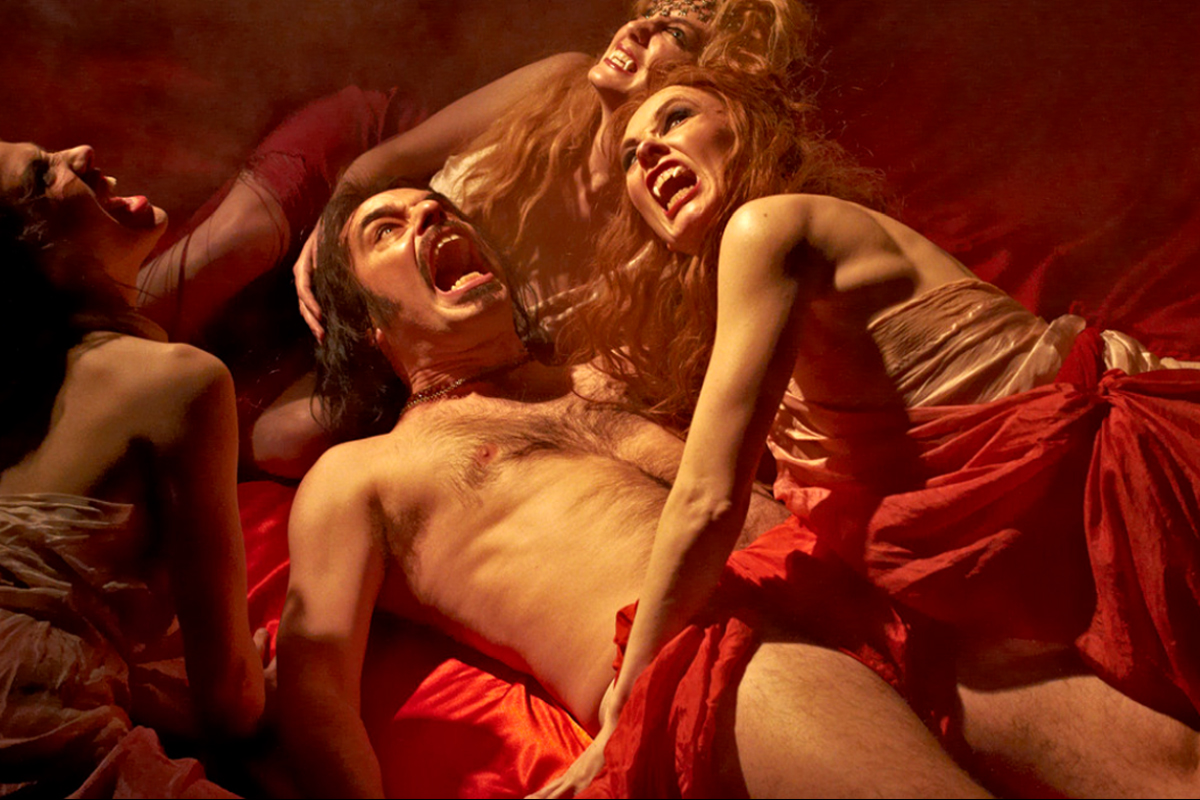
Have you’ve found it’s quite different to what people have seen before when you’ve screened the film offshore?
Yeah because it’s not often that you do mockumentaries in a small town. For instance we wanted to set up this thing because when we did the short film version years ago we all dressed up in our costumes and went to town, this was 2005, it was like a big rugby night on a Friday night and when we were walking through Courtenay Place every 5 or 10 feet someone would yell out homophobic slurs to us and it was really scary. We’ve got that footage and it was really aggressive and we tried to recreate that this time around we were like “oh yeah that was really funny, let’s do that again. We’ll just walk into town and everyone is just going to make fun of us and it’s going to be really horrible.” But no one did it. It was like New Zealand has changed a bit. Yeah, we couldn’t even ask people to do it, they were like “no way man I don’t want to do that” and so yeah it’s really interesting how New Zealand culture has changed as well.

